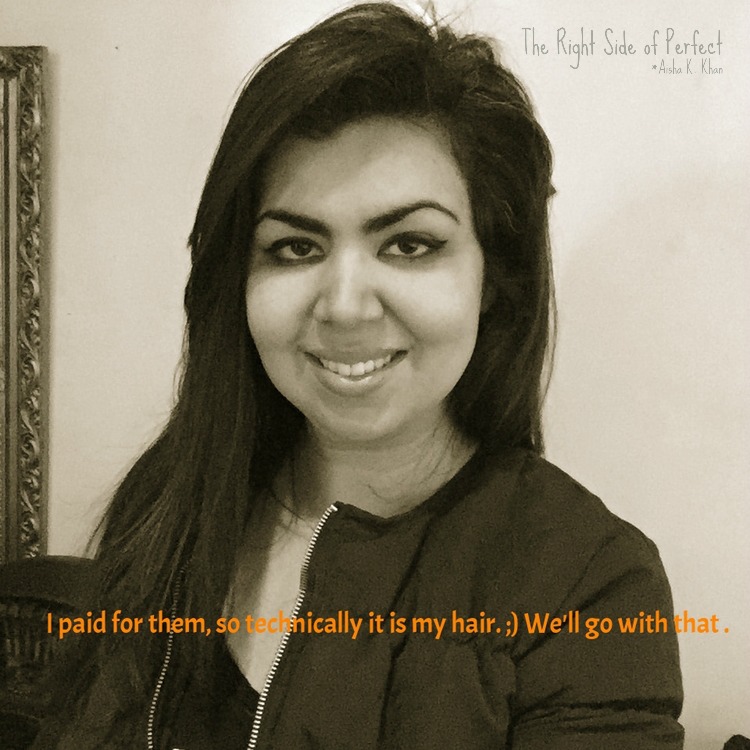It’s amazing how much can happen in one week, let alone in a year. Things can change in an instant, we can be set in our ways and all of a sudden be presented with an obstacle or opportunity depending on our circumstance and outlook. How we then handle that situation can be a source of inspiration for others. In my own experience, I’ve been grateful to receive words of encouragement regarding starting a blog and the honor of being called “inspiring”. But truth is, if I’m any such thing it is because I have been inspired myself and continue to be so regularly. I have benefited from knowing certain individuals, learning from their determination and perseverance, and above all else, experiencing their good will. Well, just this past week, I was reminded of the blessing of meeting or knowing of such individuals and I have been truly inspired.
First, I was fortunate to participate in the Gaylord Health Gauntlet 5K Obstacle on June 27th, 2015 in Wallingford, CT. It was an amazing opportunity for me as it marked the one year anniversary of the event from when I was an inpatient last year. This year I was front row and center, cheering participants as they neared the finish line. As a volunteer I was assigned the fire pits, three holes dug in a parallel fashion in the ground with burning wood and flames threatening to engulf those that jumped across. It was the last obstacle on the way to the finish line and the runners came tired, sore, some bleeding from their knees, and alternatively, a few that had trained for months who breezed by like gazelles in the Serengeti. The runners were soaking wet from the water slide in the previous obstacle and grateful for the warmth as they neared the fire. My job was to cheer them on, “make it look easy!” I yelled. “Finish it like a champ!” calling them by their numbers. Later in the week, many came up to me in Rehab and told me I was their favorite part of the course. What can I say, I have a gift.
Although each participant was enthusiastic despite their exhaustion, the most moving were two gentleman in the end whom I see at rehab regularly. As we neared the last hour of the event, there was a buzz that two former patients, Robin & Mike, were participating this year for the first time. Because of some of their physical limitations, a few of the other volunteers who happened to be some of our therapists were actually volunteering to join and assist them as they completed the course. All who witnessed the two men round the corner and walk towards my obstacle were visibly moved. Two of the therapists grabbed one by the arms helping to lift him as he made his way over each pit. I cheered him on as he made his way over to the finish line. I was inspired and hope that next year I too can do the same.
You can read more of this story and see more pictures at: http://www.myrecordjournal.com/wallingford/wallingfordnews/7441496-129/gaylord-gauntlet-5k-obstacle-course-offers-challenges-rewards.html
Second, the Connecticut Brain Tumor Alliance (CTBTA) sent a message to some of the members in addition to posting on social media that a young brain cancer survivor (11 year old) Morgan Platt was making a music video to Rachel Platten’s inspiring song, “Fight Song” to raise awareness regarding brain tumors. Along with other survivors and members of the CTBTA she was documented by News WSFB Channel 3 on July 1st. Some may be familiar with Morgan because she made a video in 2013 to Katy Perry’s “Roar” which featured staff and other pediatric patients at CCMC. Her story was featured in the Huffington Post and her video went viral on YouTube. I have a great deal of respect for this young lady for having endured so much and yet finding the courage and drive to spread awareness. She is truly inspiring, and I suspect, this is only the beginning as we can expect so much more from her.
You can read more of her story and watch the touching video at:
Lastly, this July 4th marked my one year anniversary of my discharge from rehab, and like Tim, Robin, and Morgan, this event too was inspiring. As I think back to coming home this day last year, I remember being wheelchair dependent, first person assist. My dad with his semi-thick South Asian accent would tease me, “why are you on a leash?” as my brother would support me with a gait belt at my waist throughout the house. This July 4th, I fully celebrated independence from a patriotic standpoint and a personal one and yesterday, I received my graduation certificate after finally completing one year of intensive physical therapy.
In the end, I have been reminded that inspiration comes in many forms and from all kinds of people in life. One must be open to experiencing it and also wise to learn from it. I hope and look forward to continue being inspired and also to continue being a little more inspirational myself.













